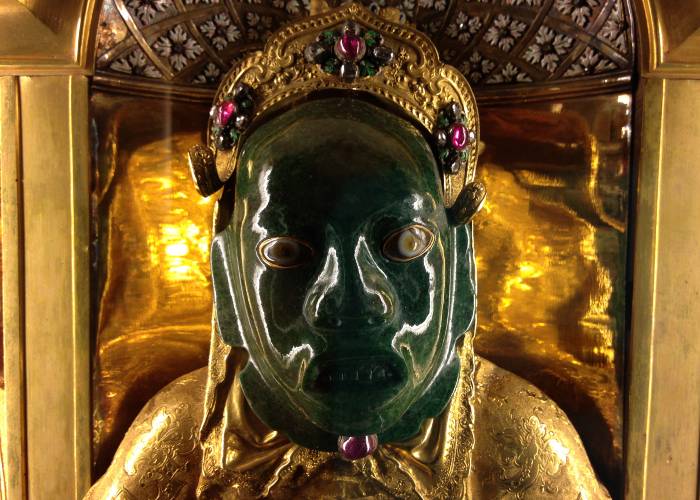
There he is.
There he sits, this elderly and, let’s be blunt, this old man; he’s not sick and he’s still quite awake, but he’s no longer asked, that is, by his children, his own children, he is no longer asked what to do, how to live, but he has accumulated, yes, he has accumulated a lot of experience, a lot of understanding, I know how, I know, he thinks. He sits and waits to be called, so he can say, I-I-I-I-I know how. He’ll show them (I know), he’ll explain to them (I know), I know better, better, more, he knows (I know) how, what, where to put this, where to get that. But no, they don’t call, they don’t ask. He sits and waits. He holds back. He stiffens. He observes. How (they) do it all without him. He observes. They are not interested in his opinion. They are doing things the wrong way. He knows how. He’s biding his time. After all, they can’t help stumbling. Now he is no longer an old, gray-haired man with beautiful wrinkles; he is a hunter. The season has opened. He is an Indian, stalking his enemy. His soul shudders. He is now an expert in their mistakes. He is a scientist-technologist, a plumber of their follies. He can’t wait to see what happens. He wants them to stumble, to fall, yes, he wants them to be ridiculously, ridiculously, humiliatingly hurt, yes, he wants them hurt. Let them get back on their feet later, let them ask for it. That’s when the stage will be his. At first he’ll be quiet, smiling casually. Then he’ll say, “Why are you so stooped over, you’ve made a mistake. What’s this, your nose is leaking. Yeah. Then he’ll explain to these independent ones, these separate ones, who forgot all about him, how things are and what they are, and why, and how to deal with problems, and where to fasten things, and how to fill them, and what to write, and how to weld and to manage, how to send things and where, and what to expect in response, and what to say (to them), how to solder, because he knows, right? I-I-I-I-I know, he thinks. They come, they say hello, they leave, they must run, they have things to do, don’t fall down, don’t fall down. Bye.
Translated from Russian by Nina Kossman

Olga Medvedkova is an art and architecture historian as well as an author. She was born in Moscow, where she graduated from MGU (Moscow State University). In 1991 she moved to Paris. She works for CNRS and writes prose in French and Russian. She has authored two novels in French, Soviet Education and Angel Interns; and Three Characters in Search of Love and Immortality, F.I.O (in Russian), and other literary texts.
Launched in 2012, “Four Centuries” is an international electronic magazine of Russian poetry in translation.
“The Lingering Twilight” (“Сумерки”) is Marina Eskin’s fifth book of poems. In Russian.
A collection of moving, often funny vignettes about a childhood spent in the Soviet Union.
“Vivid picture of life behind the Iron Curtain.” —Booklist
“This unique book will serve to promote discussions of freedom.” —School Library Journal
A new collection of poems by Ian Probstein. (In Russian)
Young readers will love this delightful work of children’s verse by poet William Conelly, accompanied by Nadia Kossman’s imaginative, evocative illustrations.
A book of poems by Maria Galina, put together and completed exactly one day before the start of the Russian invasion of Ukraine. This is Galina’s seventh book of poems. With translations by Anna Halberstadt and Ainsley Morse.